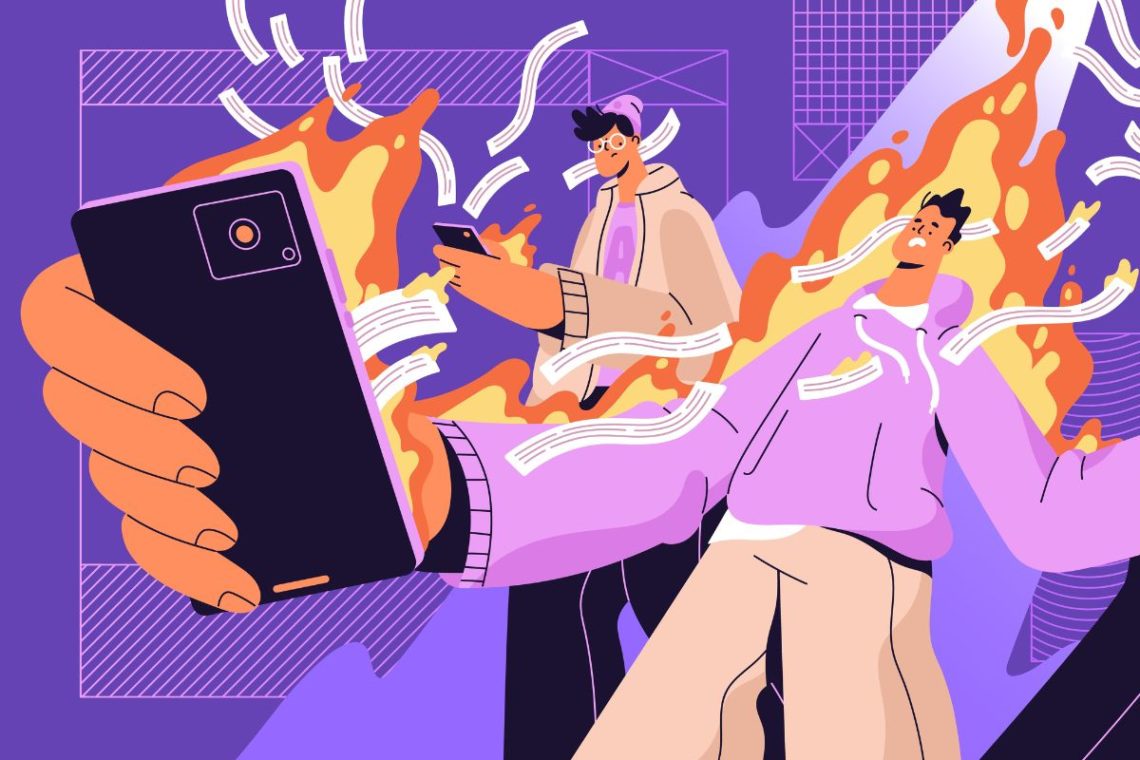You open your phone to check the weather or a message. One hour later, you’re scrolling through collapsing economies, political outrage, and another round of celebrity drama. That’s doomscrolling—a daily descent into the digital abyss that quietly eats up your time, energy, and attention span.
According to a survey by Payless Power, 64 percent of Americans say they doomscroll. Gen Z leads the pack (81 percent), followed by Millennials (67 percent) and Gen X (53 percent). The platforms vary—TikTok, Reddit, Facebook—but the spiral is the same: swipe, despair, repeat.
The average person spends 3.5 hours a week doomscrolling at work, enough to cost employers around $5,600 per employee annually. Toss in wasted electricity and the U.S. racks up nearly $29 million a year just fueling phones so people can read about everything that’s wrong with the world. Texans alone are responsible for $2.4 million of that.
Why Are People Addicted to Doomscrolling?
Most of this scrolling happens before bed, which might explain why doomscrollers report worse sleep, lower mental health, and more overall dissatisfaction than people who stay off the apps. The triggers? Politics (51 percent), “brain rot” content (42 percent), world news, wellness anxiety, and AI doomsday chatter. Pick your poison.
Doomscrolling doesn’t stay on the screen, either. One in four people has argued with a partner, friend, or relative about their screen time. Forty-one percent made an impulse buy in the past month, and 13 percent made a major life decision while deep in a scroll hole. A quarter deleted a social app because of it, then re-downloaded it later.
Some of the most-followed doom magnets include Ben Shapiro, Andrew Tate, Kim Kardashian, and “That Girl” lifestyle influencers. They make people feel worse—and they know it—but people keep watching anyway.
Eighty-eight percent of respondents said social media platforms aren’t doing enough to limit emotionally harmful content. But the platforms aren’t designed to help. They’re built to keep you looking, even if what you’re looking at is making you miserable.
Still, users keep coming back. Because doomscrolling isn’t just a harmless habit—it’s a coping mechanism. A bleak one, sure, but one that fills the silence with noise, even if it leaves you feeling worse than before.
The platforms profit. You lose sleep, money, and maybe your last shred of optimism.
The post Doomscrolling Is Quietly Costing You Everything You Care About appeared first on VICE.




